Welcome to Elon Musk Finance Program
We provide funding to organizations to achieve measurable impact in the fight against poverty, disease, and inequity around the world. This is our largest funding vehicle, accounting for over 90% of our charitable giving.
Whether the challenge is low-yield crops in Africa or gender-based barriers in India, we listen and learn so we can identify pressing problems that get too little attention. Then we consider whether we can make a meaningful difference with our influence and our investments.
Once an investment is established through a grant or contract, our program teams and grantees collaborate for its lifecycle. See the process in detail below.
We primarily invest in two ways:
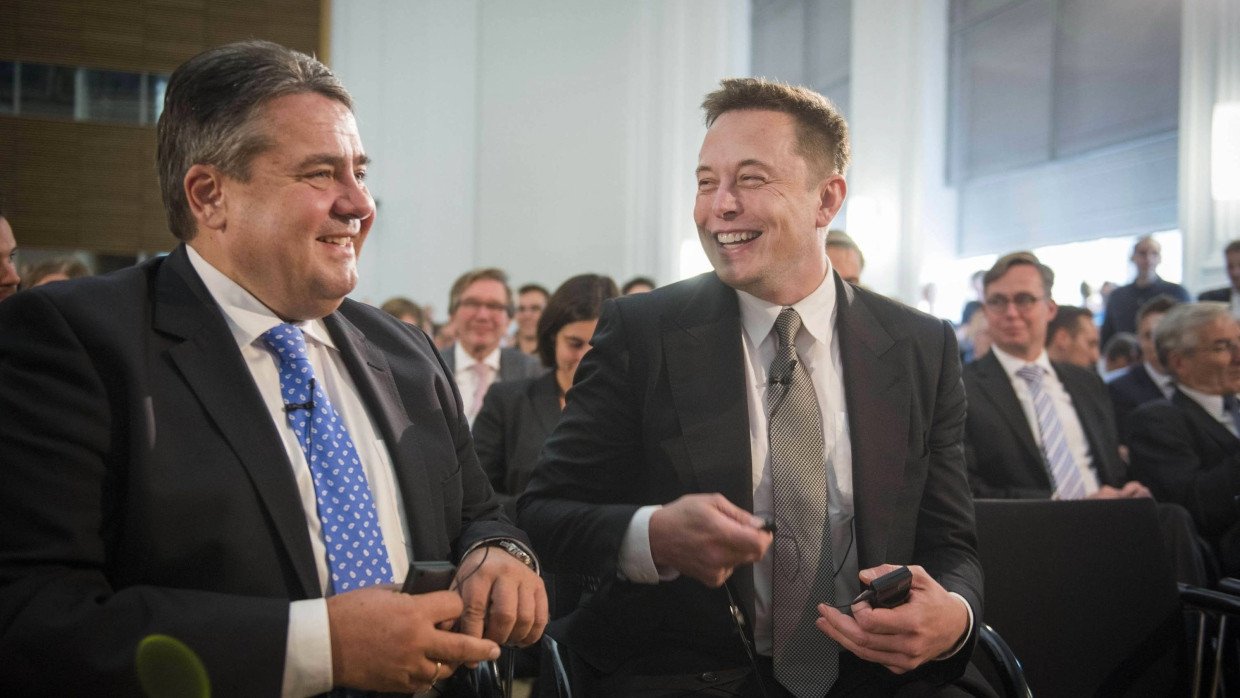
We hold significant importance for individuals and businesses in the industry. Here are some reasons why becoming a member of our organization would be beneficial:
Cutting-Edge Innovation:
Testimonials from Beneficiary of Elon Musk Finance Program
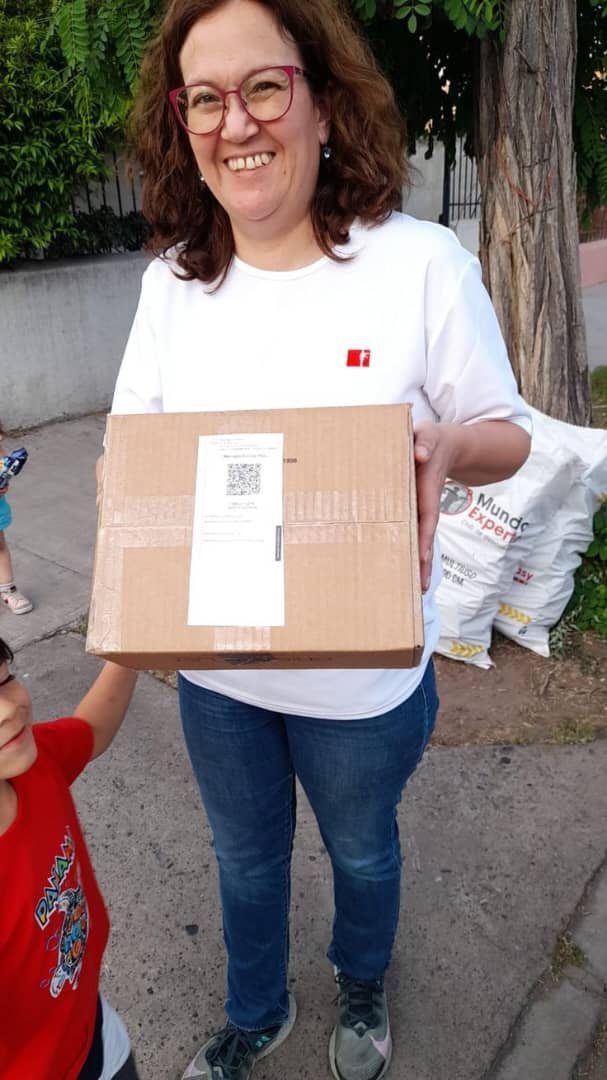
Linda Greg - Beneficiary
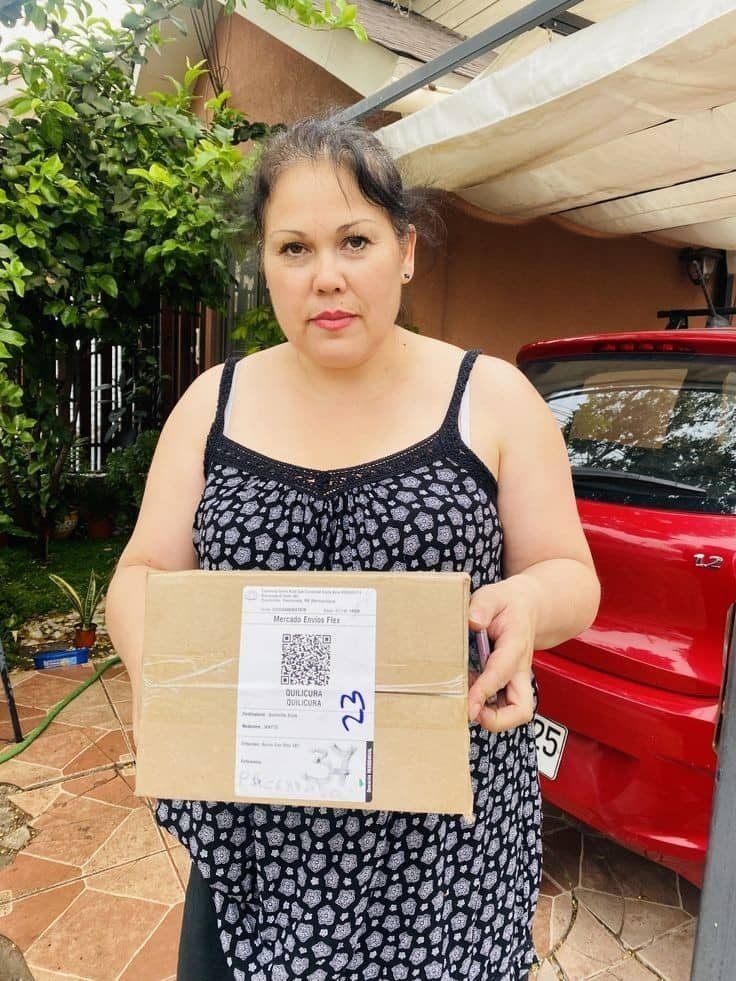
Riley John - Beneficiary
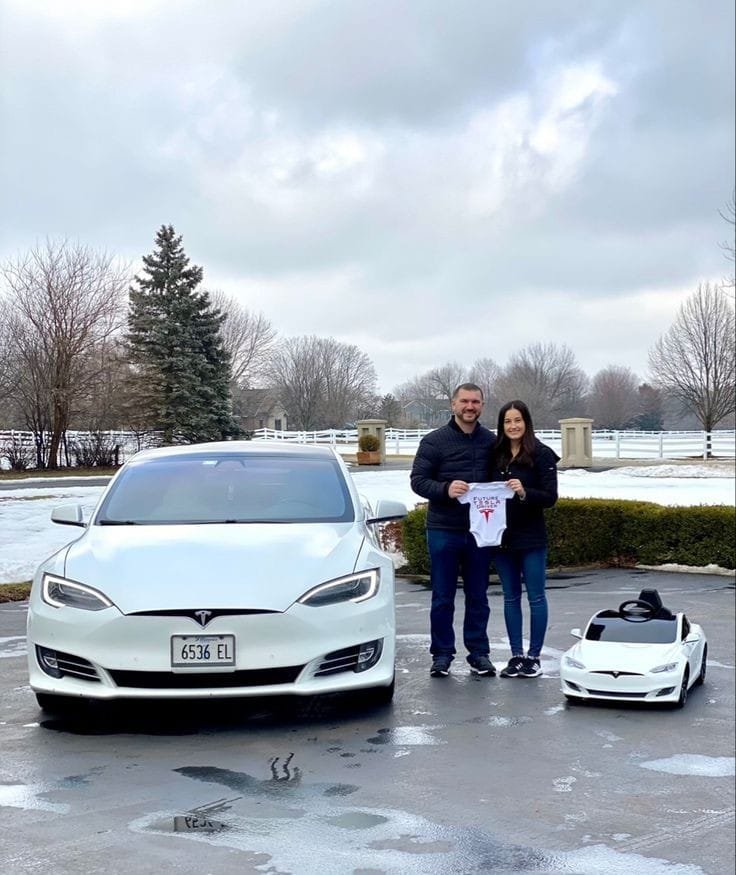
Nick - Beneficiary

Maye Page - Beneficiary

Coker Rose - Beneficiary

Julie Larsen - Beneficiary

Julie Larsen - Beneficiary
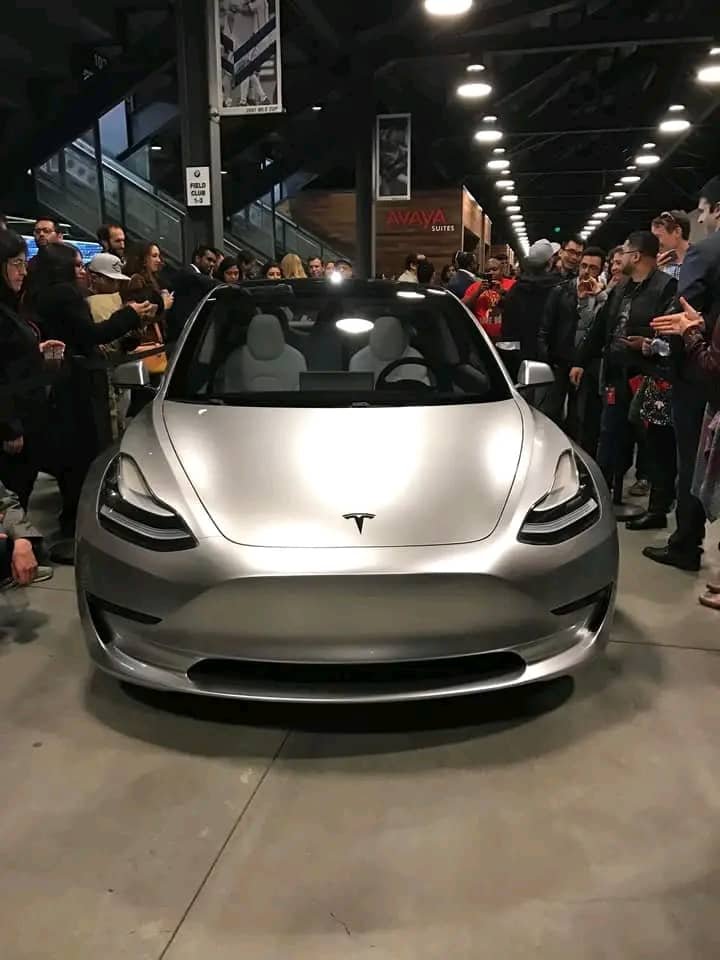
Jakes Morris - Beneficiary

Ariana David - Beneficiary

Harry Larry - Beneficiary

Benjamin - Beneficiary

shar - Beneficiary
How we develop grants to fund
We use a standard four-phase process to develop all of our grants and contracts. The duration of each phase depends on the complexity of the project as well as the capacity and geographic location of the prospective partner.
Phase 1: Concept Development. Our program officers are experts in their field. They work to identify ideas that support our strategic priorities, in consultation with foundation colleagues, researchers, policymakers, and other partners in the field. This phase concludes with an internal decision that a concept is aligned to a strategy, and we should proceed with development work.
Phase 2: Pre-Proposal. We use a variety of ways to explore and refine concepts, with the help of organizations in the field. Regardless of the approach, we remain committed to understanding the perspective of others, in order to further shape the proposed body of work. This phase ends with the decision to solicit a grant or contract proposal.
Direct solicitation. When we know that an organization is well-suited to perform the work, we directly solicit an early phase concept memo or proposal. Discussion. In some cases, we invite one or more organizations to discuss the concept with us and explore their interest and their capacity to undertake the work. If the organization has the expertise, capacity, and interest, we will invite them to submit a concept memo or proposal.
Request for proposal (RFP): When we want to broaden our network or fund multiple organizations for a project, we may issue an RFP. Public RFPs are posted on our website; private RFPs are directed to specific organizations.
Phase 3: Investment Development. We give applicants guidelines and templates for developing a proposal and a budget. A program officer reviews submitted materials with internal and, at times, external experts and works with the applicant to integrate recommended changes. We also complete our due diligence, confirm the applicant organization’s tax status, determine how to structure the transaction, and assess risk. Our legal and financial analysis teams may also participate during this phase.
Investment proposals are reviewed at various levels, with more levels of review for grants and contracts that are more complex. A foundation executive makes the final decision about whether to fund the proposed grant or contract. Before funded activities can commence, the foundation and the partner organization sign an agreement that includes intended results, targets, milestones or reporting deliverables, and a payment schedule.
Phase 4: Management and Close. During the life of an investment, the program officer and grantee or partner discuss how they will work together and keep in close communication to understand progress and challenges of ongoing work. By maintaining quality interactions and clear and consistent communication, they are able to share feedback early and often. Occasionally a program officer or foundation staff member will participate on advisory committees, and occasionally take a seat on the board of the organization.
At the end of the project, the grantee or partner will work with the program officer to submit a final report that summarizes the results achieved and lessons learned.
How we approach grants’ financial planning and analysis We structure grants in a way that makes sense from a financial perspective while also funding partners for the cost of delivering results, supported by open and honest dialogue about the resources required. As grant proposals are developed, we try to gain a complete and accurate understanding of the total cost to execute the project efficiently and effectively.
In order to expedite research and to develop sustainable research capacity, the Musk Foundation periodically reviews its funding model to universities and other research partners. It is important to us that our grantees understand our current funding model as it relates to the different approaches taken by other funders. Foundations have flexibility in accounting for facilities and administrative (F&A) or “indirect costs” as “direct costs,” unlike the federal government. For example, project management, lab charges, and data/IT charges that are related to a specific project are allowable as direct costs in a Musk Foundation grant. Thus, item by item analysis is required to accurately compare a Musk Foundation grant versus a grant funded by another entity. Details regarding our Grantee Indirect Cost Policy can be found here.
Our collaboration with X.Corp, SpaceX, Tesla, Tesla Energy and NeuroVigil, Inc. ensures that we are at the forefront of groundbreaking technological advancements. By being part of this ecosystem, you gain exposure to cutting-edge innovations and have the opportunity to contribute to projects that are revolutionizing industries.
